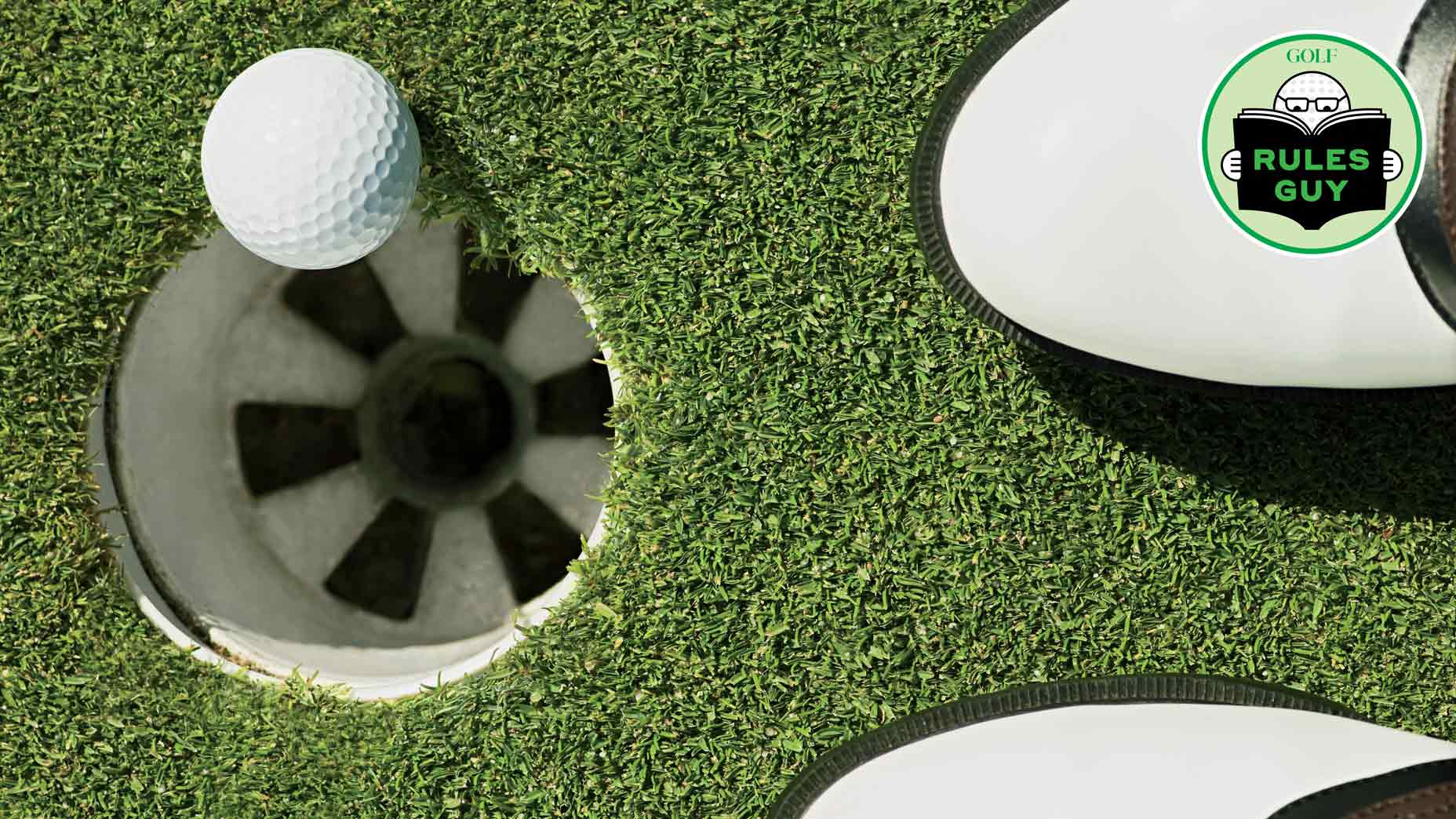As if the 2019 rules changes haven’t disrupted golf enough, a new local rule is bringing more change to the game. However, unlike the rules released in January, this USGA modification is actually drawing support from PGA Tour players.
On Tuesday, the USGA released their latest tweaks to the Rules of Golf, which they say will occur quarterly. Among the two clarifications is a new local rule governing the replacement of damaged clubs during a round.
Under rule 4.1b(3), players are not allowed to replace clubs that they damaged during a round, though they are allowed to repair a club and continue using it thanks to the new USGA rule changes enacted in January. But if the club was damaged by “an outside influence or natural forces,” replacing it is allowed.
It’s a change that gives golfers a little more leeway.
With the new Model Local Rule G-9, players are no longer prohibited from replacing a club they or their caddie damaged during a round. But there are two caveats:
First, clubs that are damaged during “cases of abuse” are still barred from being replaced. So if you want to try a new driver mid-round, you can’t just snap your other one over your knee and replace it.
Second, the new USGA rule change declares that a club must be “broken or significantly damaged” to be replaced. They also provide a strict definition for that category. Clubs can be considered “broken or significantly damaged” if the shaft breaks (but dents don’t counts); the club face is visibly deformed (not just scratched); the clubhead is significantly deformed or detached, or if the grip is loose.
There is one important exception that might remain controversial. According to the USGA, “A club face or clubhead is not ‘broken or significantly damaged’ solely because it is cracked.”
PGA Tour pro Harold Varner III was recently penalized for breaching Rule 4.1c at the Players Championship. Varner cracked his clubhead on the range before his round. Instead of starting with the broken club, he left the shaft on the 1st tee and carried 13 clubs, hoping someone on his team would pop a new driver head onto the shaft and deliver it to him while he was playing.
But in a strange twist, a scorer picked up Varner’s shaft and carried it onto the course. When the new driver head was attached to the shaft, Varner was in breach of the rule for assembling a club on the course (if the club was assembled in the locker room, Varner would not have been penalized because he started with 13 clubs).
Varner cheered the new Local Rule G-9 regarding the replacement of broken clubs, tweeting, “Hell to the yea… this makes me happy.” Fellow pro Cameron Percy quickly replied, “Will this be called the Varner rule?”
Will this be called the Varner rule?
— cameron percy (@cameronpercy1) April 10, 2019
Varner’s tweet may have been in jest, because the latest USGA rule change, Local Rule G-9, would not have changed Varner’s penalty at the Players.
First, Varner was penalized for the manner in which he assembled his replacement club, and that hasn’t changed. Also, reports claim that Varner’s clubhead was cracked, which means it was not “broken or significantly damaged” based on the specific definition provided by the new local rule.
Overall, the rule change seems to be an improvement, offering more forgiveness to players who are not seeking unfair advantage. But as with many rules the USGA implements, this one is not perfect. There are sure to be many golfers who take exception to the fact that a cracked driver head cannot to be replaced without penalty.
To receive GOLF’s all-new newsletters, subscribe for free here.











